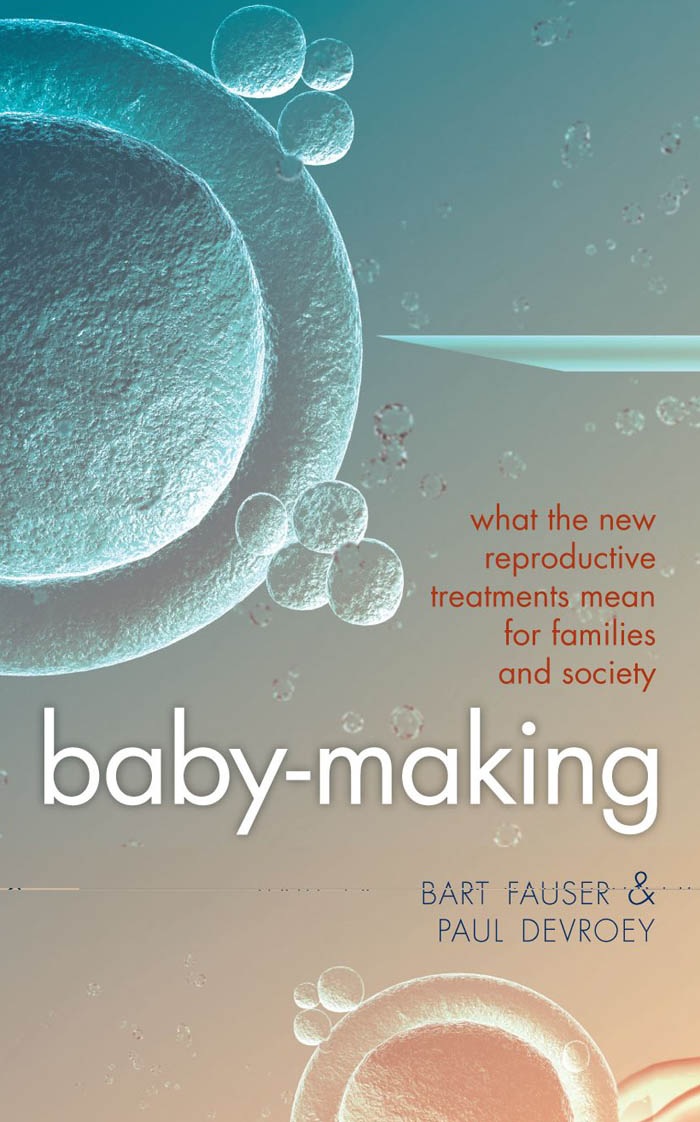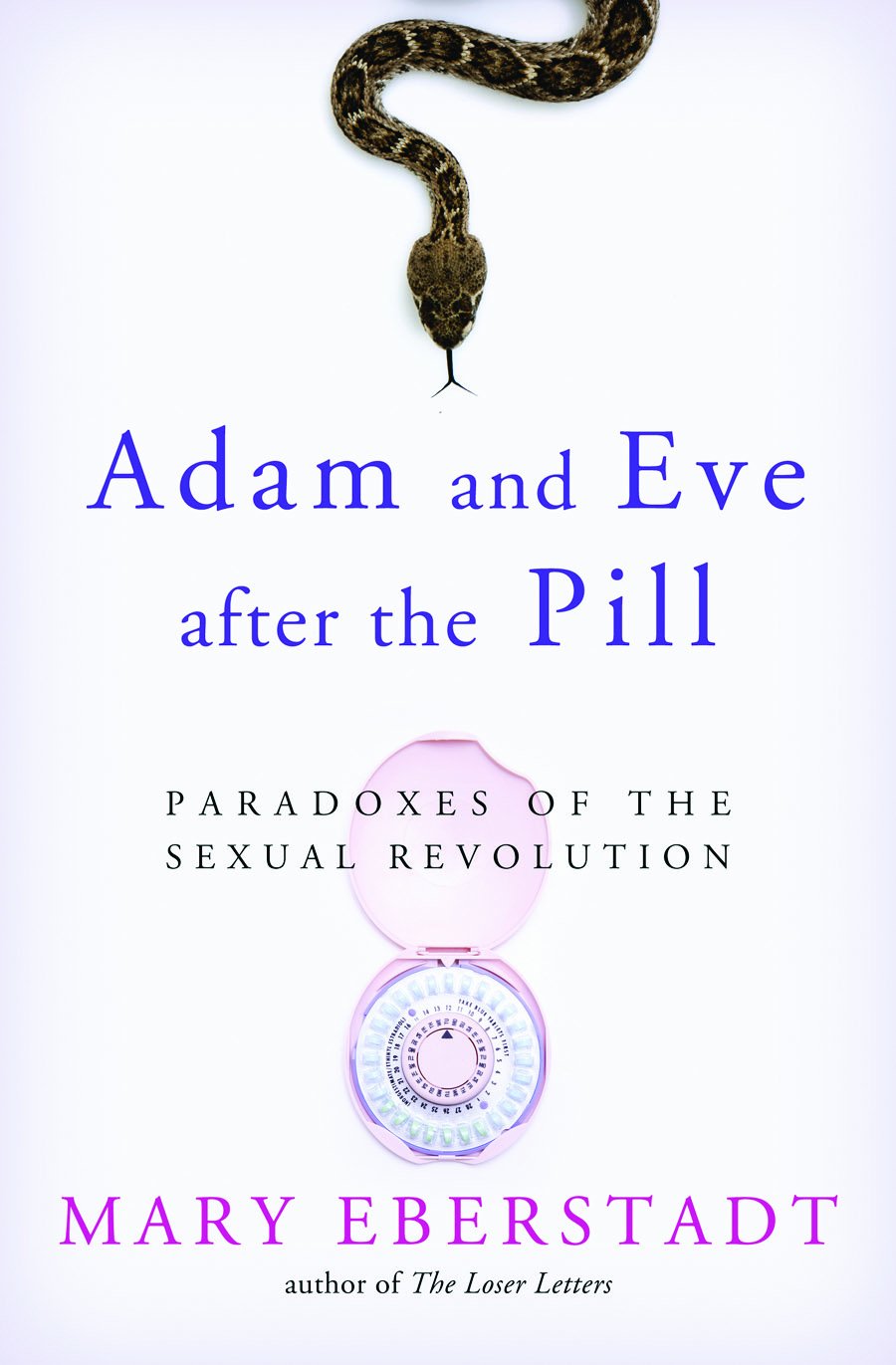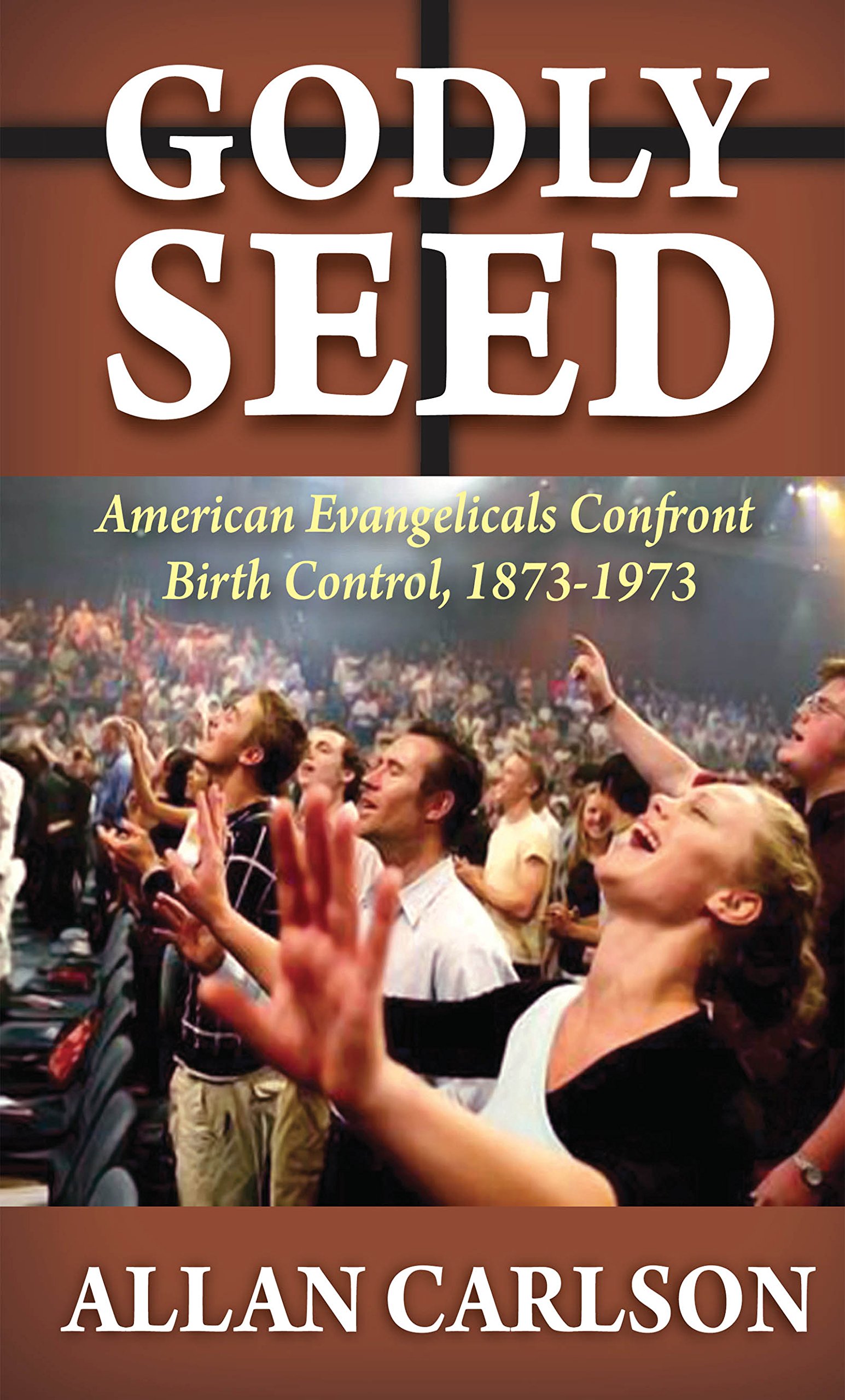Reclaiming Family-Wage Jobs in an Age of Globalization In his 2010 examination of the welfare state, Never Enough, William Voegeli spilled a lot of ink exposing the intellectual bankruptcy of liberalism. But the Claremont scholar also chided his fellow conservatives for failing to see the beam in their own eyes: an obsession with tax cuts […]
Read MoreThe Missing Plank of the GOP Platform:
- Post by: Robert W. Patterson
- September 23, 2012



